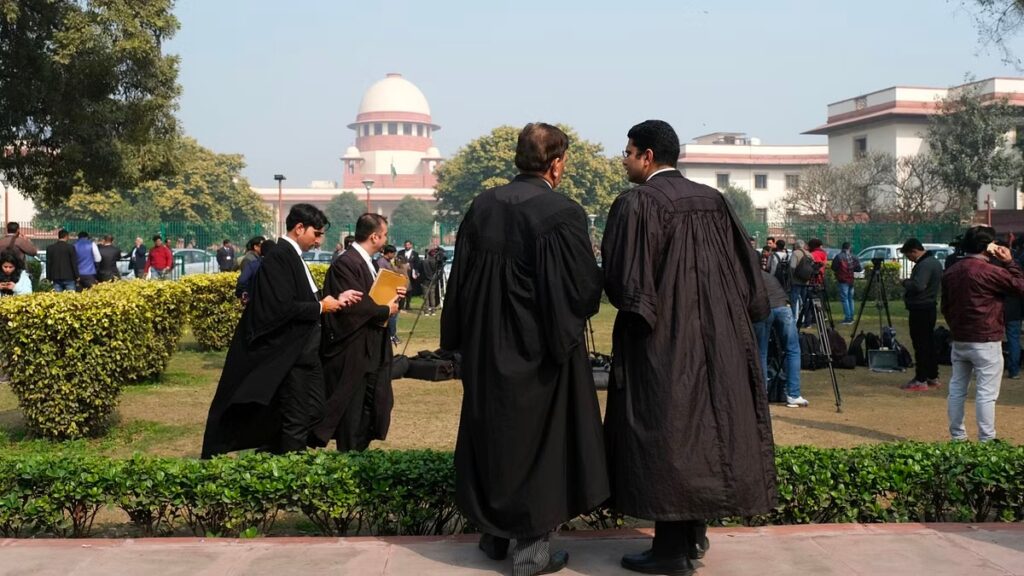08/07/2024
08/07/2024

NEW DELHI, India, July 8: Indian lawyers and activists are urging Prime Minister Narendra Modi's government to suspend three newly enacted sets of criminal laws, arguing that they will exacerbate litigation in an already burdened justice system and grant excessive powers to police.
The new laws, which came into effect on July 1, replace India's longstanding criminal justice framework—the Indian Penal Code of 1860, the 1973 Code of Criminal Procedure, and the Indian Evidence Act of 1872. Among their provisions, the laws expand police authority to detain suspects before trial and introduce the death penalty for gang rape of minors under 18. They also mandate that judges issue written verdicts within 45 days of trial completion and frame charges within 60 days of a case's initial court hearing.
Critics, including Delhi-based lawyer Shadan Farasat, express concerns that these deadlines apply only to new cases, potentially prolonging older cases under ambiguous legal frameworks. Farasat adds that the laws will necessitate reinterpretation by courts, likely leading to increased litigation.
In protest, two lawyer associations representing over 13,000 members in Tamil Nadu have announced plans to boycott court proceedings on Monday.
Despite criticisms, India's home and law ministries have not yet responded to requests for comment. The government, however, defends the new laws as "victim-centric" and asserts they will modernize the justice system, having trained thousands of judicial officials, public prosecutors, and police on their application.
According to the government, the laws mandate forensic investigations for crimes punishable by seven years or more, aimed at boosting conviction rates up to 90%. Yet, they have drawn fire for not addressing male rape victims' protection and have prompted modifications by states like Karnataka, which plans over 20 amendments criticizing provisions as overly punitive.
Amnesty International has called for the immediate repeal of the laws, citing concerns over potential police abuse and expanded custody powers that could foster torture and mistreatment.
The introduction of these controversial laws marks a significant overhaul of India's criminal justice landscape, sparking widespread debate and legal challenges as stakeholders weigh their implications on civil liberties and judicial efficacy.


